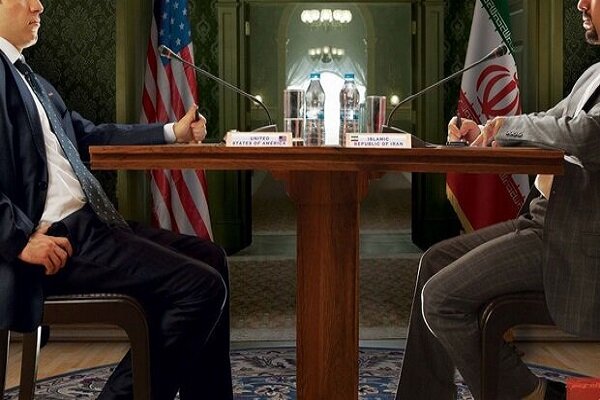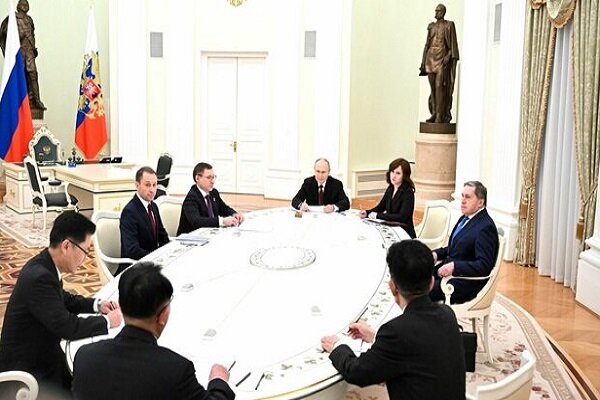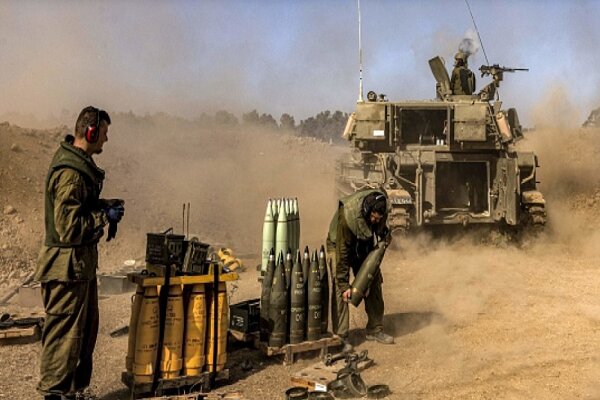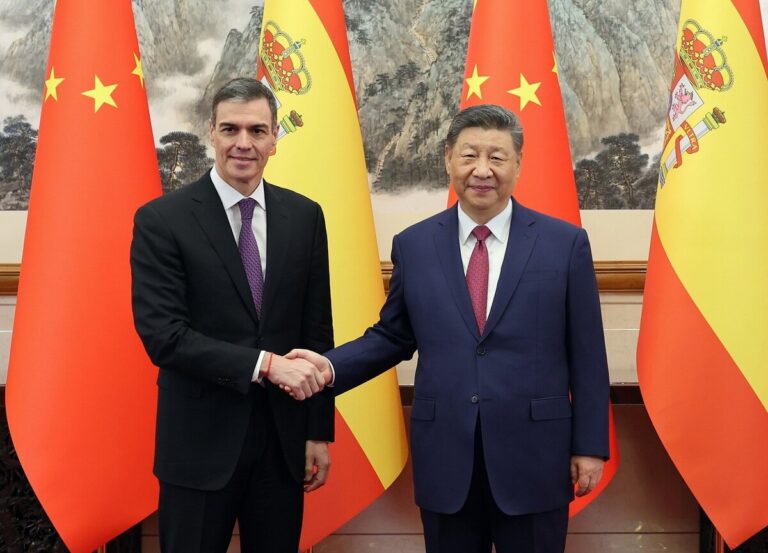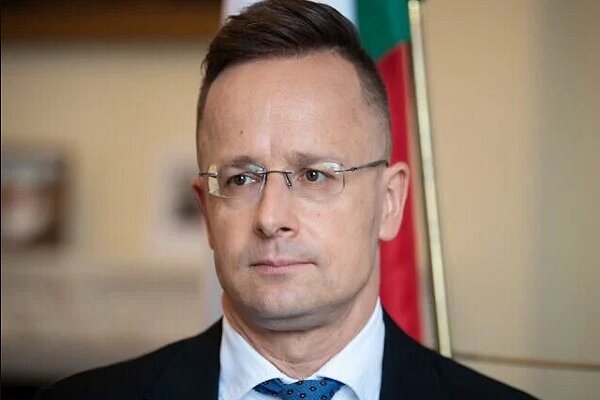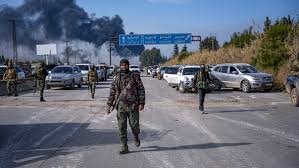Engaging in Talks with the US: A Path to Irreversible Consequences
In a significant commemoration of the 46th anniversary of the Islamic Revolution in Iran, prominent university lecturers and esteemed scientific elites have expressed their support for the insightful recommendations made by Ayatollah Seyyed Ali Khamenei, the Leader of the Islamic Revolution. They have acknowledged his positions, grounded in both legal and historical evidence, which resonate with the nation’s experiences.
The Iranian government’s historical interactions with the United States, particularly through various agreements, reveal a troubling pattern of unmet commitments. From the Algerian Declaration following the Islamic Revolution to the more recent Joint Comprehensive Plan of Action (JCPOA), these instances illustrate a consistent failure of the US to uphold its end of the agreements.
Despite the Iranian government’s diligence in fulfilling its obligations under the JCPOA, including making significant concessions, the United States has not reciprocated. The unilateral withdrawal from the agreement on May 18, 2018, exemplifies the US’s disregard for international law and its commitments. This situation is a stark reminder to the Iranian people of the broader implications of international negotiations.
According to a collective statement from the university professors and scientific elites, the US’s failure to honor its promises is not an isolated incident related solely to Iran. They highlighted several key examples that reflect this pattern:
- The Treaty of Versailles: An agreement that sought to establish lasting peace after World War I but was ultimately undermined by subsequent actions.
- The SALT II Treaty: A pivotal arms control agreement with the Soviet Union that faced significant challenges in adherence.
- The Agreed Framework with North Korea: A deal aimed at curbing North Korea’s nuclear ambitions, which fell apart due to non-compliance.
- The AUKUS Treaty: A recent security pact involving Australia and the UK that raised tensions with France and highlighted issues of trust in international agreements.
These examples underscore a broader trend of the US government repeatedly breaching its promises on the international stage, a point emphasized by the esteemed academics. They argue that such actions have profound implications not only for diplomatic relations but also for global stability.
In light of these challenges, Ayatollah Seyyed Ali Khamenei has recently voiced strong opposition to US calls for direct negotiations, deeming them unwise and ineffective in addressing Iran’s pressing issues. His perspective resonates with many who feel that engaging in talks under current circumstances would not yield beneficial results.
The collective sentiments from Iran’s academic and scientific communities reflect a deeper understanding of the nation’s historical context and the implications of international diplomacy. They advocate for a more cautious approach in dealing with external powers, particularly those with a track record of unreliability.
As Iran commemorates the 46th anniversary of the Islamic Revolution, the reflections from its intellectual leaders serve as a reminder of the importance of vigilance and integrity in international relations. The lessons learned from past experiences with the US and other nations are crucial for shaping the future of Iran’s diplomatic strategies.
In conclusion, the anniversary not only marks a significant moment in Iran’s history but also prompts critical reflections on the nation’s approach to international agreements. The support for Ayatollah Khamenei’s recommendations highlights a united front among Iran’s scholars and leaders, reinforcing the need for a strategic and principled stance in future negotiations.
For the Iranian people, understanding the implications of their government’s past decisions and the actions of other nations is vital for navigating the complexities of international relations. As the nation moves forward, the emphasis on maintaining sovereignty and adhering to principled diplomacy will remain at the forefront of Iran’s foreign policy agenda.
